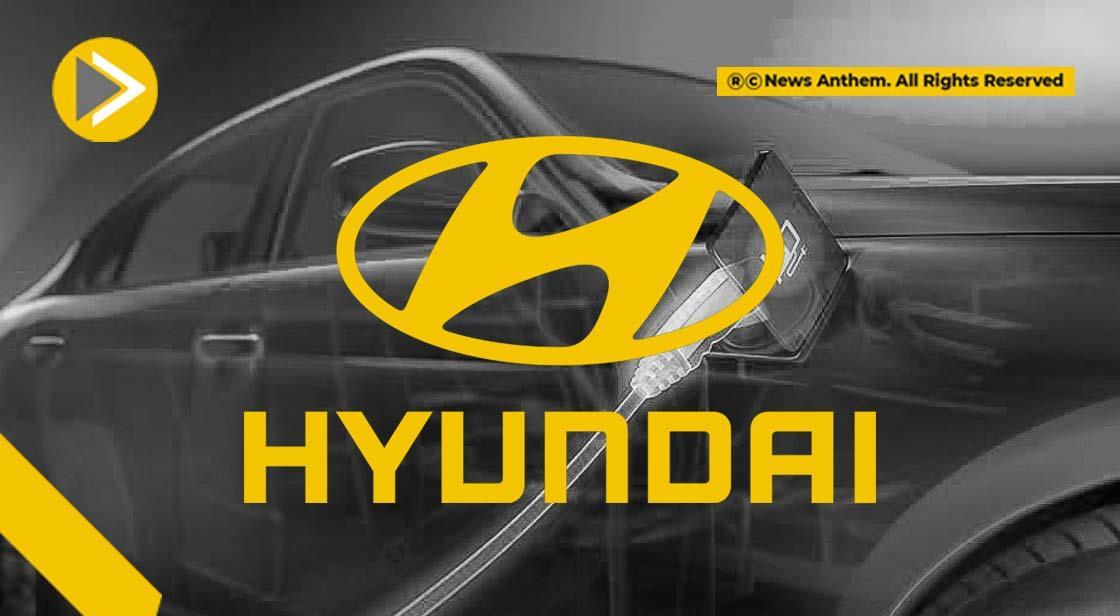Hyundai and Renault Cars to Cost More from April 2025 – Here’s Why

News Synopsis
Consumers planning to buy a Hyundai or Renault vehicle should prepare for higher prices starting April 2025, as both automakers have announced a price hike across their lineup.
The decision follows similar announcements from leading automobile manufacturers such as Maruti Suzuki, Honda, Tata Motors, and Kia, who have also opted for price revisions.
The rising input costs, increasing commodity prices, and higher operational expenses have been cited as primary reasons for this price adjustment. As automakers grapple with inflationary pressures and supply chain challenges, passing on a portion of the increased costs to customers has become inevitable.
Hyundai to Raise Vehicle Prices by Up to 3%
Price Revision to Vary by Model and Variant
Hyundai Motor India Limited (HMIL) has confirmed that it will increase vehicle prices by up to 3% across its range. The price hike will vary depending on the specific model and variant, affecting both new and existing customers.
Tarun Garg, Whole-time Director and Chief Operating Officer of HMIL, elaborated on the development, stating:
"At Hyundai Motor India Limited, we strive to absorb rising costs to the extent possible, ensuring minimal impact on our customers. However, with the sustained increase in operational expenses, it has now become imperative to pass on a part of this cost escalation through a minor price adjustment."
Despite the price hike, Hyundai reiterated its commitment to providing value-driven vehicles, ensuring that any future cost escalations are managed efficiently to minimize the impact on consumers.
Renault India Announces a 2% Price Hike from April 2025
First Price Increase Since February 2023
Renault India has also joined the list of manufacturers implementing a price hike of up to 2%. The adjustment will be applicable across all models, with the exact increase depending on the variant and specifications.
Venkatram Mamillapalle, Country CEO & Managing Director of Renault India, explained the rationale behind the decision, stating:
"Despite our best efforts to maintain prices for a long time, the sustained increase in input costs has necessitated this price adjustment. We have been absorbing these costs to support our customers, but to continue providing the best quality and innovative products, a price revision has become inevitable."
This marks Renault India’s first price revision since February 2023, making it a significant move by the automaker.
Why Are Automakers Increasing Prices?
Key Factors Driving the Price Hike
The automobile industry has been facing multiple cost pressures due to various factors, including:
-
Rising Input Costs – The cost of raw materials like steel, aluminum, and lithium has surged.
-
Higher Commodity Prices – Prices of essential commodities required for vehicle manufacturing continue to escalate.
-
Increased Operational Expenses – Rising logistics, labor, and manufacturing costs have impacted profit margins.
-
Supply Chain Challenges – Ongoing global disruptions continue to affect production costs.
Given these challenges, most major automakers have been forced to revise their pricing strategies, passing on a portion of the additional costs to consumers.
Conclusion
The price hike by Hyundai and Renault, effective April 2025, underscores the inflationary pressures and cost challenges that automobile manufacturers face. As the industry adapts to rising input costs, operational expenses, and supply chain disruptions, passing on a portion of the costs to consumers has become necessary.
Despite the increase, both companies remain committed to delivering quality, innovation, and value-driven vehicles. With competitors like Maruti Suzuki, Honda, Tata Motors, and Kia also implementing price hikes, prospective buyers may need to plan their purchases strategically to take advantage of pre-hike pricing.
As the Indian automotive industry continues to evolve, manufacturers will need to strike a balance between affordability and sustainability, ensuring that cost-efficient production does not compromise quality.









